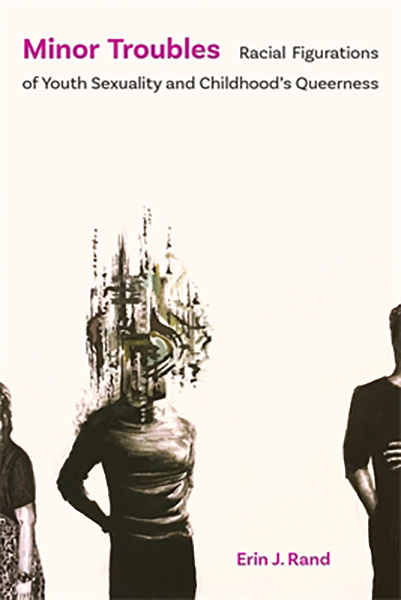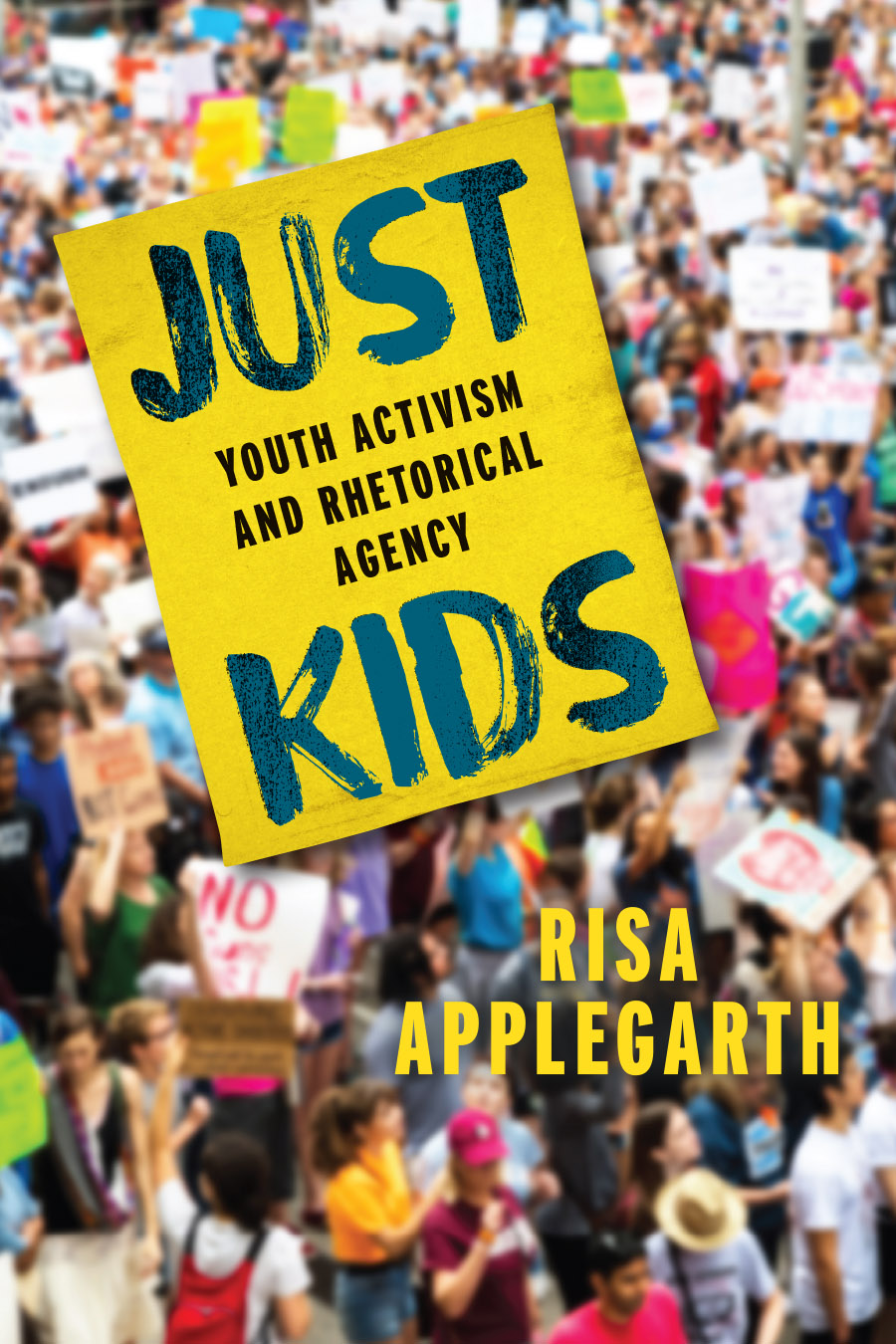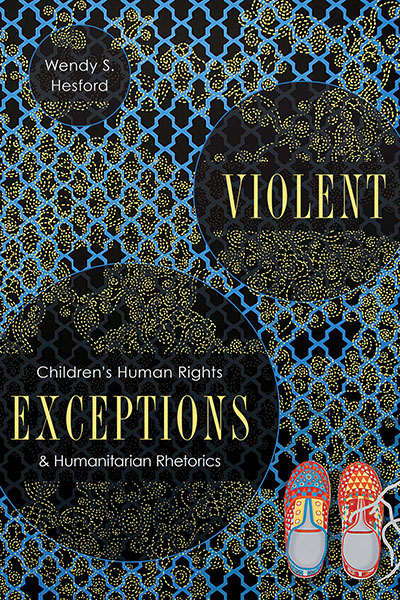2025 CHOICE Outstanding Academic Title
“Rand offers an important intervention into queer and trans theory, childhood studies, rhetorical studies, and critical race studies by focusing much-needed attention on racial figurations of childhood....Crucial reading for queer and childhood studies scholars across multiple disciplines, Minor Troubles provides a theoretically and methodologically rich approach to the growing violence against youth of color and queer, trans, and gender-non-conforming youth. Summing Up: Essential. Lower-division undergraduates through faculty.” —T. Gitzen, CHOICE
“Minor Troubles belongs with the highest tier of recent rhetorical scholarship, offering the kind of intersectional, nuanced, and theoretically rich approach the discipline needs. Rand achieves an incredible depth of rhetorical engagement while also locating her analysis in critical race/gender/queer/trans studies.” —Lisa A. Flores, author of Deportable and Disposable: Public Rhetoric and the Making of the “Illegal” Immigrant
“Rand offers thought-provoking analysis and critical observations on the precarity of the queer child. Deploying queer of color critique, she provides a necessary and rich interrogation of the state of childhood and the rhetorical and racial (re)constructions of a world which seems perpetually unready for queer child development.” —Jeffrey Q. McCune Jr., author of Sexual Discretion: Black Masculinity and the Politics of Passing
“Minor Troubles makes an important intervention into the ways that we understand contemporary controversies over LGBTQ youth. By focusing on actual people, Rand teases out the complex relationships between the material and the discursive, showing how these rhetorical figurations have significant implications for people’s lives.” —Leslie J. Harris, author of The Rhetoric of White Slavery and the Making of National Identity
In Minor Troubles, Erin J. Rand investigates a series of controversies about youth sexuality and queerness from the early twenty-first century: adult concerns about teen sexting, the bullying and suicides of queer kids, trans youths’ access to gender-segregated bathrooms at school, and sex education. In the public deliberation and mediation of each of these controversies, the imagined qualities of childhood—innocence, vulnerability, nonsexuality, and, crucially, whiteness—are deployed by adults to justify the protection of children. However, these rhetorical figurations of childhood often produce material precarities for actual young people, especially youth of color and queer, trans, and gender-nonconforming youth.
Rand foregrounds the fundamental role of racialization in forming ideas about childhood, arguing that the image of innocent white childhood depends upon the dehumanization of racialized youth. Moreover, the rhetorical process of figuration produces vulnerability and constrains agency for real young people and creates cultural ideas about childhood that come to justify policies, discipline behaviors, regulate identities, control knowledges, and determine interventions that shape children’s lives, bodies, and experiences.

Erin J. Rand (she/her) is Associate Professor in Communication and Rhetorical Studies and affiliated with Women and Gender Studies and LGBTQ Studies at Syracuse University. She is the author of Reclaiming Queer: Activist and Academic Rhetorics of Resistance.
Contents
Contents
Acknowledgments
Introduction Childhood’s Queer Troubles
Chapter 1 Illegal Desires: The Sexting Panic and the Criminalization of Queer Black Girls
Chapter 2 Wounded White Boys: Figuring Queer Vulnerability to Bullying and Suicide
Chapter 3 Too Much to Tolerate: School Bathrooms, Trans Temporality, and Black Excess
Chapter 4 From Reticence to Abundance: Talking Back to the History of Sex Education
Conclusion Refiguring Futures: Youth Innovations in Agency and Vulnerability
Bibliography
Index




